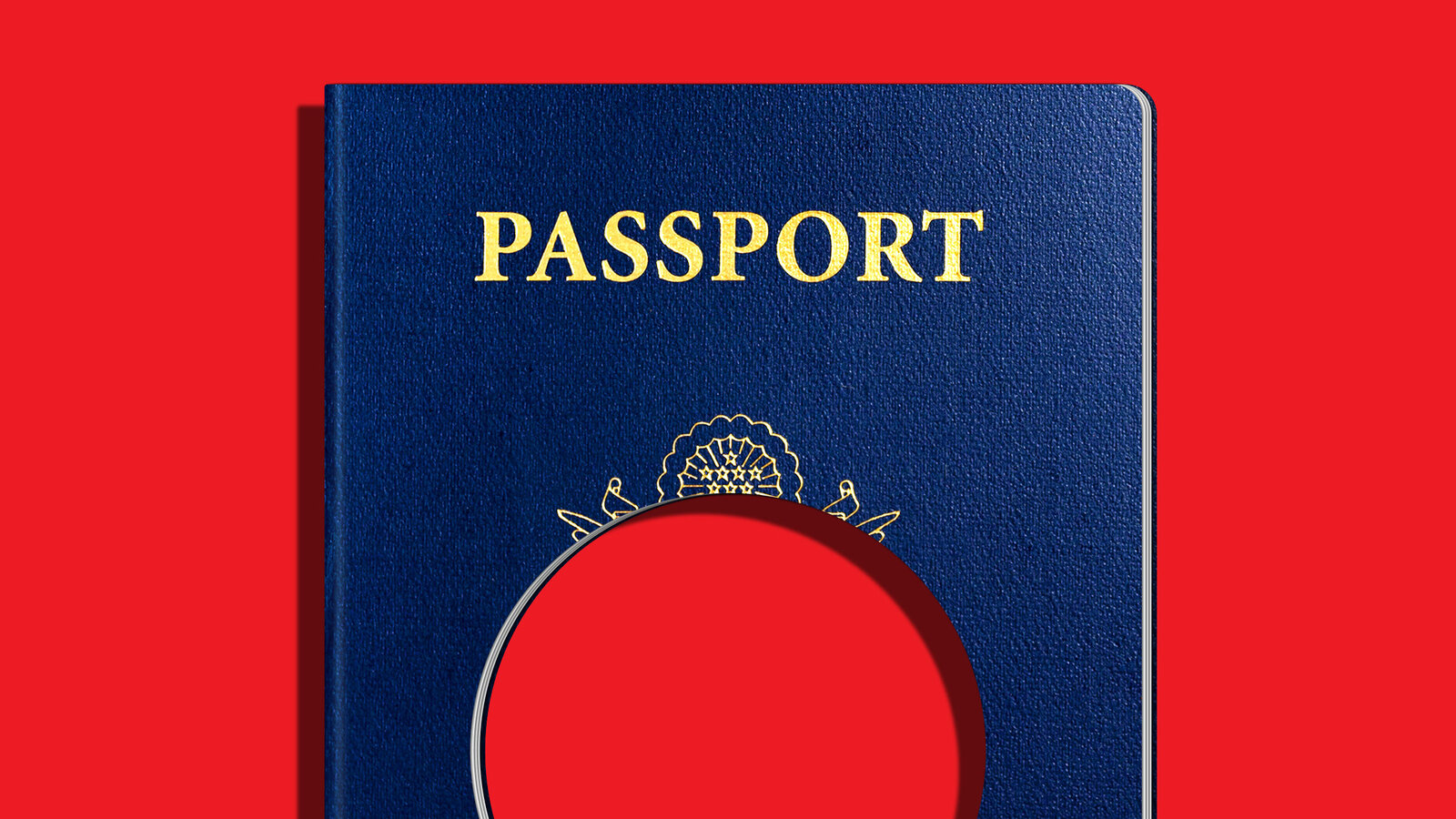ZenMode
Legend of ZZL
- Messages
- 6,289
I don’t think we can be entirely certain that we do not have a transgender vice president at present.
It places the legislation in the basket.
Follow along with the video below to see how to install our site as a web app on your home screen.
Note: This feature may not be available in some browsers.
I don’t think we can be entirely certain that we do not have a transgender vice president at present.
Neither does Adam LambertI read some analysis by a makeup artist about his eyes and she concluded that he definitely didn't wear any eye makeup.
They are a moral hazard.Then don't freaking do them
According to whom? That's your opinion and it is totally unimportant to me. It's not your business.They are a moral hazard.
LMFAOThey are a moral hazard.
No clue. Look, you are ok with them. I’m not.LMFAO
So you want the government to rule on the morality of things that don't impact you?
How many people have died from freaking poppers?
They’re coming for the poppers
For who?They are a moral hazard.
So don't do them. The end.No clue. Look, you are ok with them. I’m not.
I’m not a fan of drugs. Too manh people in my family have had lives ruined and I have to say I don’t really know much about poppers but I err on less stuff like that.So don't do them. The end.
Keep your morality out of the homes of others unless it impacts you.
The end.
Judgemental morality police are the worst
I know nothing about it, but it should be banned!I’m not a fan of drugs. Too manh people in my family have had lives ruined and I have to say I don’t really know much about poppers but I err on less stuff like that.
No one claimed I was wise.I know nothing about it, but it should be banned!
The overall problem would be better if they were legal. There would be fewer ODs because people would know how much and what they were taking, it would be easier to get help if you got in trouble and there would be better chances of getting in and through rehab. Course, the private prisons would take a big hit.I’m not a fan of drugs. Too manh people in my family have had lives ruined and I have to say I don’t really know much about poppers but I err on less stuff like that.
I believe you.No one claimed I was wise.
Ok. i 100% understand and agree with your position, especially considering family with drug issues, but that choice is yours for you and you're family. People should be allowed to make personal choices like this for themselves and not have other's choices imposed upon them.I’m not a fan of drugs. Too manh people in my family have had lives ruined and I have to say I don’t really know much about poppers but I err on less stuff like that.
Everyone should begin a micro dosing regimen.Poppers make it easier to get fucked in the ass. The way things are going, we should be encouraging all Americans to try them instead of banning them.

